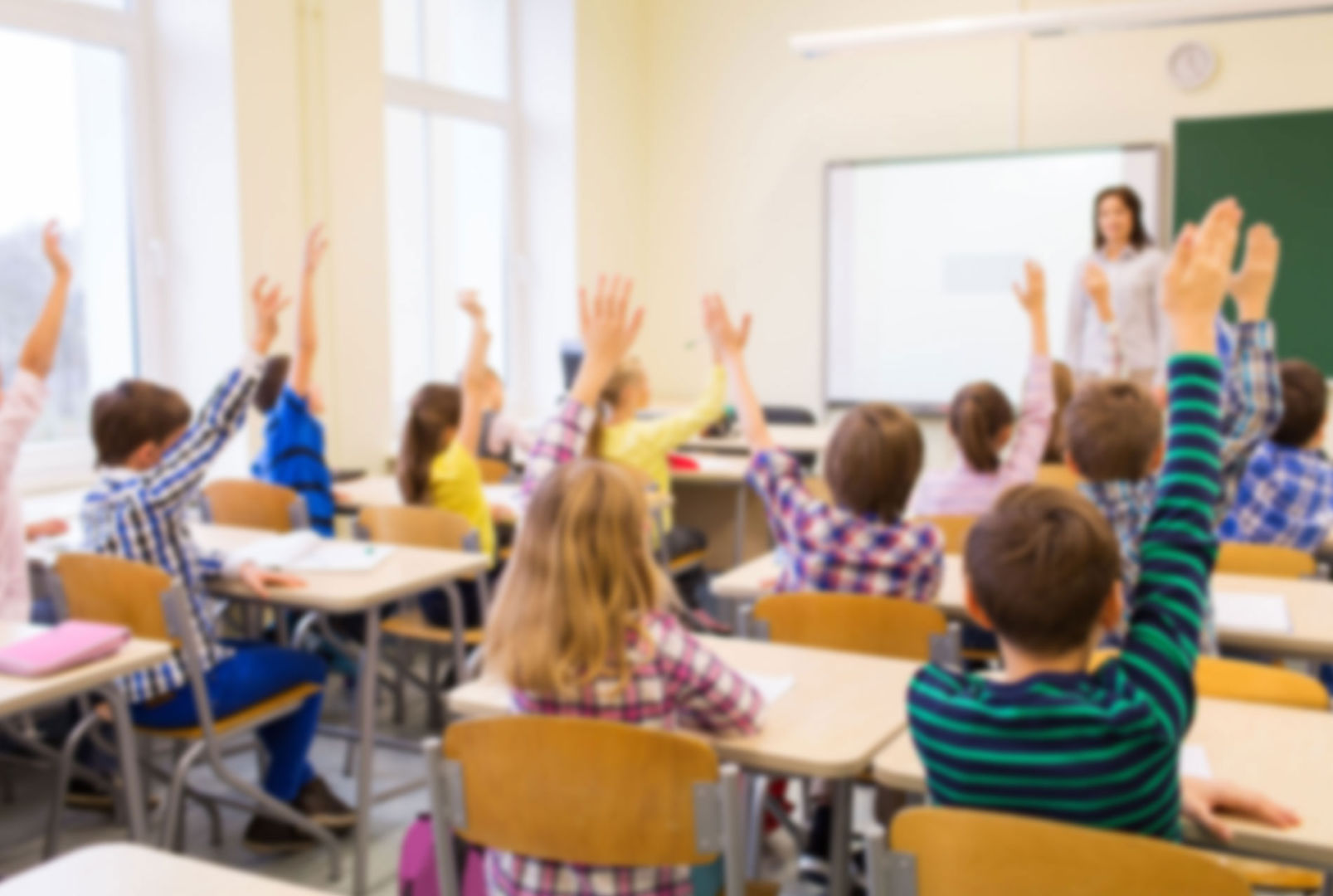7 Reasons a Private School Education is Right for Your Child
 What motivated the parents of approximately five million children to send their offspring to private schools in 2016? After all, these parents were already shelling out considerable sums in taxes to support their public school systems.
What motivated the parents of approximately five million children to send their offspring to private schools in 2016? After all, these parents were already shelling out considerable sums in taxes to support their public school systems.
According to research, there are a number of reasons why concerned parents choose private over public educational options for their offspring.
Factors that influence this decision include higher levels of parental satisfaction, smaller class sizes, better student discipline and more personalized attention for each individual student. Private school parents felt their children were safer in private schools and that private schools, on the whole, provided a better learning environment. Many parents were also concerned that an overemphasis on testing scores in the public school systems were depriving their sons and daughters of a real education.
Here are some reasons why a private school education may be the best choice for your child.
1- Higher Levels of Parental Satisfaction
A 2013 study conducted by EdChoice (formerly the Friedman Foundation for Educational Choice) found that more than 95 percent of low and middle-income parents whose children’s private school educations were partially subsidized by the State of Georgia were “satisfied” or “very satisfied” with the education their children were receiving.
Private school parents are very satisfied with the level of instruction their children are receiving; they believe teachers in private schools are more capable and that private schools are better at administering discipline in constructive ways. Parents are also enthusiastic about the number of extracurricular activities like music, art and specific interest clubs that are available to their children.
2- Smaller Class Sizes
“Small class sizes are correlated with better educational results,” said Christ Methodist Day School. Of course, a number of other factors influence the quality of the education a child receives as well such as curriculum, a specific teacher’s ability, and that child’s own home life, but low student-teacher ratios are often linked to higher student achievement.
3- Better Student Discipline
Private schools don’t seem to experience discipline problems at the same level that public schools do. This probably has to do with the fact that smaller class sizes and a higher ratio of staff to students create an intimate atmosphere that students can more readily identify with. Across all grade levels, students are more involved with one another, and older students are more apt to model acceptable behaviors for younger students.
4- More Individualized Attention
Smaller class sizes go hand in hand with personalized attention. The minute a student seems to be falling behind, a teacher will be able to intervene in a constructive way. Public school teachers often recognize signs of struggle, too, of course, but often, they may have the time to reach out to floundering students.
High-achieving students benefit from individualized attention, too. Private schools are flexible enough to provide high achievers with fresh challenges that will keep them performing at the top of their abilities.
5- Safety
Many parents pull their kids from the traditional public school system over safety concerns. A 2015 study prepared by the National Center for Education Statistics that looked at issues like fights, weapons, bullying, cyber-bullying, drug and alcohol use, and teacher injuries concluded that students in private schools were less exposed to these issues. This is not to say that issues like bullying and substance abuse don’t exist in private schools. When these issues arise, however, private schools are more likely to be able to take effective action to deal with them constructively.
6- Enhanced Learning Environment
Public schools are constrained by the state to adhere to strict curriculum guidelines. In contrast, while private schools are subject to the basic educational requirements determined by the local government education authority, they’re free to teach whatever curriculum they choose.
Private schools often use this freedom of choice to focus on subjects that are in line with their mission statements. A religious school, for example, may offer an assortment of faith-based classes while a private school that’s oriented toward the liberal arts may offer a host of language classes, music, art and science that budget constraints may have stripped from public school curriculum.
7- Less Emphasis on Testing Scores
Standardized test scores can make a great deal of difference to the amount of funding that public schools receive from the government, so in recent years, there’s been a big push within public schools to teach to these tests. Teaching to test, however, can seriously undermine creative learning within the classroom. Since private schools do not rely upon the government for funding, private school students can opt out more readily from taking state-mandated standardized tests.

















